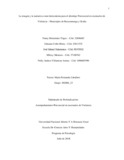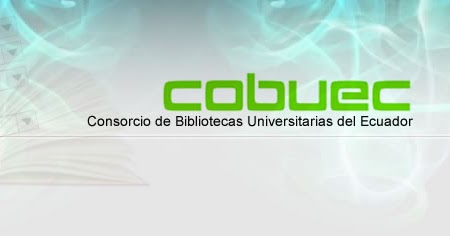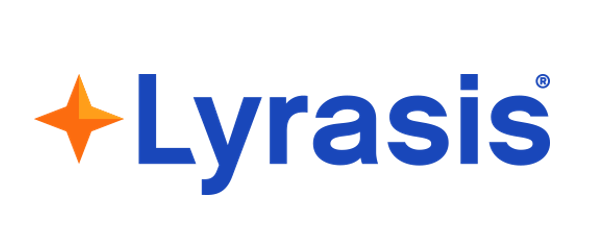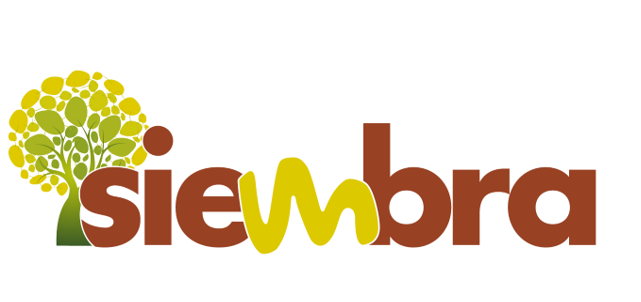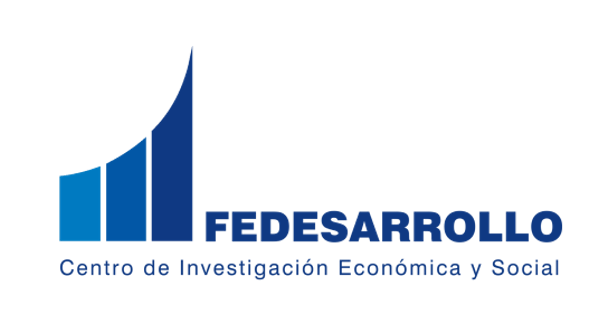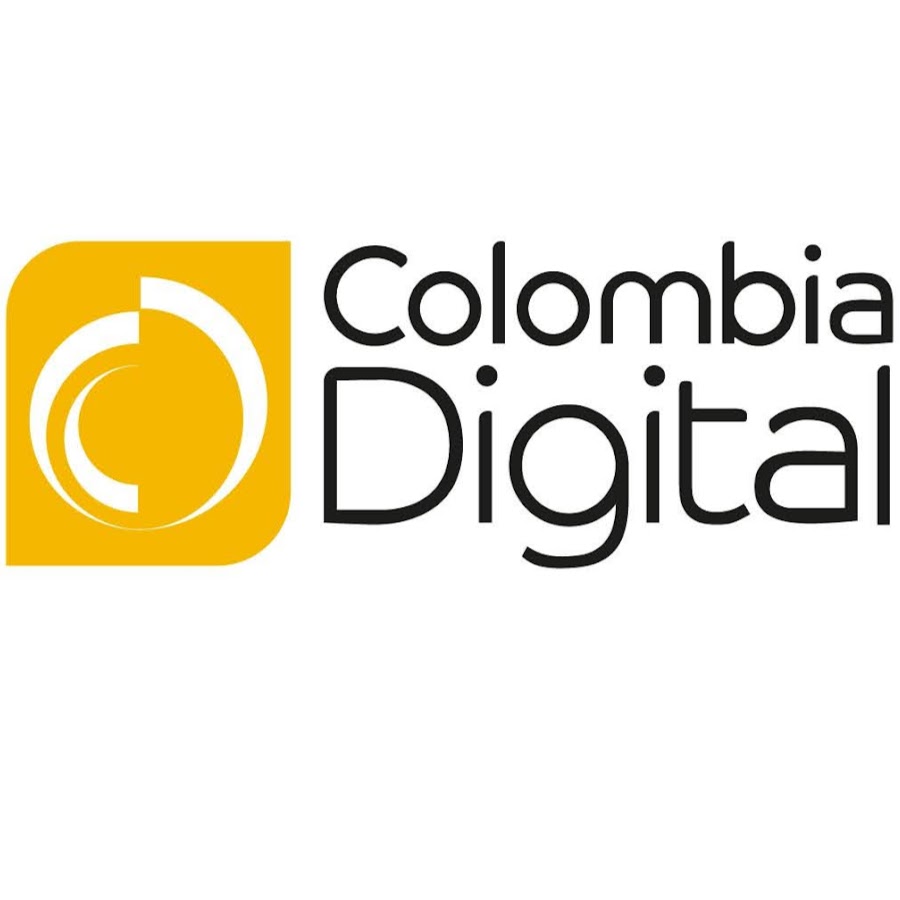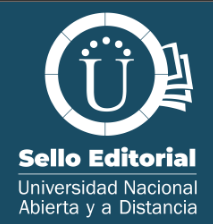Mostrar el registro sencillo del ítem
La imagen y la narrativa como herramienta para el abordaje psicosocial en escenarios de violencia.
| dc.contributor.advisor | Caballero, Maria Fernanda | |
| dc.coverage.spatial | cead_-_bucaramanga | spa |
| dc.creator | Villamizar Arenas, Nelly Andrea | |
| dc.creator | Omeris Hernandez, Fanny | |
| dc.creator | Meneses, Milexy | |
| dc.creator | Salamanca, José Idinael | |
| dc.creator | Uribe Motta, Johanna | |
| dc.date.accessioned | 2018-08-24T22:38:36Z | |
| dc.date.available | 2018-08-24T22:38:36Z | |
| dc.date.created | 2018-08-08 | |
| dc.identifier.uri | https://repository.unad.edu.co/handle/10596/19749 | |
| dc.description.abstract | El Desplazamiento forzado es uno de los problemas sociales más graves de Colombia; las Víctimas del Conflicto Armado han tenido que salir del entorno social al que pertenecen siendo desarraigadas de sus comunidades, residencias, tierras, dejando atrás, actividades económicas, estudios, amigos, proyectos de vida, costumbres y tradiciones para migrar hacia lo desconocido, en busca de un medio para sobrevivir. Por lo anterior, el presente trabajo ofrece herramientas y técnicas de abordaje para la Intervención Psicosocial en contextos de violencia, tomando como referencia la imagen y el enfoque narrativo, vislumbrando acontecimientos y eventos traumáticos ocasionados por el Conflicto en Colombia, en el análisis y reflexión del Relato de Angélica, tomado del libro “Voces: historias de violencia y esperanza en Colombia” El trabajo presenta técnicas de abordaje Psicosocial que ayuden a recopilar factores emergentes que aporten al diagnóstico, información imprescindible como el reconocimiento de aptitudes, destrezas, habilidades y conductas Resilientes de las Víctimas para emprender nuevos proyectos, como en el caso de Angélica y la población de Cacarica. Así mismo, ofrece entender la Subjetividad de las Víctimas, emancipación, empoderamiento y capacidad de encontrar fortalezas desconocidas extraídas del afrontamiento de situaciones de violencia, misma que propenden principalmente a transformar emociones individuales y/o colectivas en espacios que encaminen el fortalecimiento de redes y la elaboración de estrategias que incluyan actos que promuevan la reedificación de la memoria. Este proceso además de favorecer y dignificar la población Víctimas de Violencia, posibilita la reivindicación de sus Derechos reparadores. Finalmente, desde nuestro rol como psicólogos se desea apoyar con calidad humana y verdadera Sensibilidad a todas aquella personas Víctimas del Conflicto Armado, escuchando más allá de las voces, y mediante la interacción social, brindar un Acompañamiento a las Víctimas con el cual se logre alcanzar una verdadera Transformación, no solamente reparadora desde el rol de Víctima o sobreviviente, sino también desde el rol de victimario, en aquellos procesos de Reconstrucción individual, social y cultural, todo esto con el objetivo de crear y hacer realidad sueños viables en pro de mejorar sus condiciones y calidad de vida. | spa |
| dc.format | spa | |
| dc.format.mimetype | application/pdf | spa |
| dc.language.iso | spa | spa |
| dc.publisher | Universidad Nacional Abierta y a Distancia UNAD | spa |
| dc.title | La imagen y la narrativa como herramienta para el abordaje psicosocial en escenarios de violencia. | spa |
| dc.type | Diplomado de profundización para grado | spa |
| dc.subject.keywords | Conflicto armado | spa |
| dc.subject.keywords | Desplazamiento forzoso | spa |
| dc.subject.keywords | Derechos | spa |
| dc.subject.keywords | Intervención | spa |
| dc.subject.keywords | Resiliente | spa |
| dc.subject.keywords | Psicosocial | spa |
| dc.subject.keywords | Violencia | spa |
| dc.subject.keywords | Víctima | spa |
| dc.subject.keywords | Subjetividad | spa |
| dc.description.abstractenglish | Forced displacement is one of the most serious social problems in Colombia; the Victims of the Armed Conflict have had to leave the social environment to which they belong being uprooted from their communities, residences, lands, leaving behind, economic activities, studies, friends, life projects, customs and traditions to migrate towards the unknown, in search of a means to survive. Therefore, the present work offers tools and techniques for addressing Psychosocial Intervention in contexts of violence, taking as reference the image and the narrative approach, glimpsing events and traumatic events caused by the Conflict in Colombia, in the analysis and reflection of the Story of Angelica, taken from the book "Voices: stories of violence and hope in Colombia" The work presents techniques of Psychosocial approach that help to collect emergent factors that contribute to the diagnosis, essential information such as the recognition of abilities, skills, abilities and Resilient behaviors of the Victims to undertake new projects, as in the case of Angelica and the population of Cacarica Likewise, it offers an understanding of Victim Subjectivity, emancipation, empowerment and the ability to find unknown strengths drawn from the confrontation of situations of violence, which tend mainly to transform individual and / or collective emotions in spaces that lead to the strengthening of networks and the elaboration of strategies that include acts that promote the rebuilding of memory. This process, in addition to favoring and dignifying the population Victims of Violence, makes it possible to demand reparation rights. Finally, from our role as psychologists we want to support with human quality and true sensitivity to all those victims of the Armed Conflict, listening beyond the voices, and through social interaction, providing an Accompaniment to the Victims with which it is possible to reach a true Transformation, not only repairing from the role of Victim or survivor, but also from the role of victimizer, in those processes of individual, social and cultural Reconstruction, all this with the objective of creating and making viable dreams in favor of improving their conditions and quality of life. | spa |
| dc.subject.category | Psicología | spa |
| dc.rights.accesRights | info:eu-repo/semantics/openAccess | spa |
| dc.rights.acceso | Abierto (Texto Completo) | spa |

